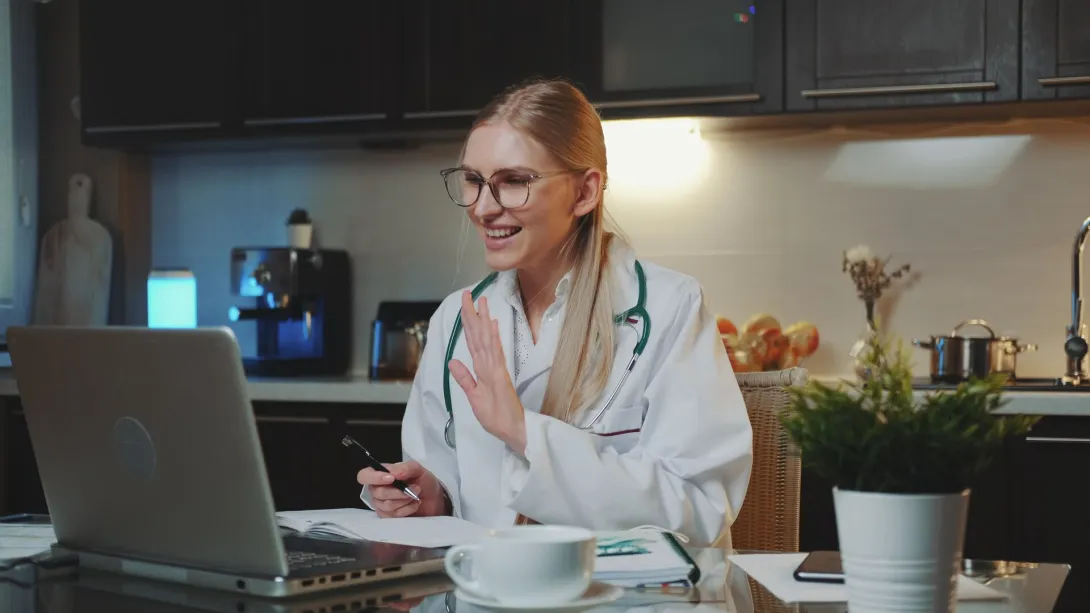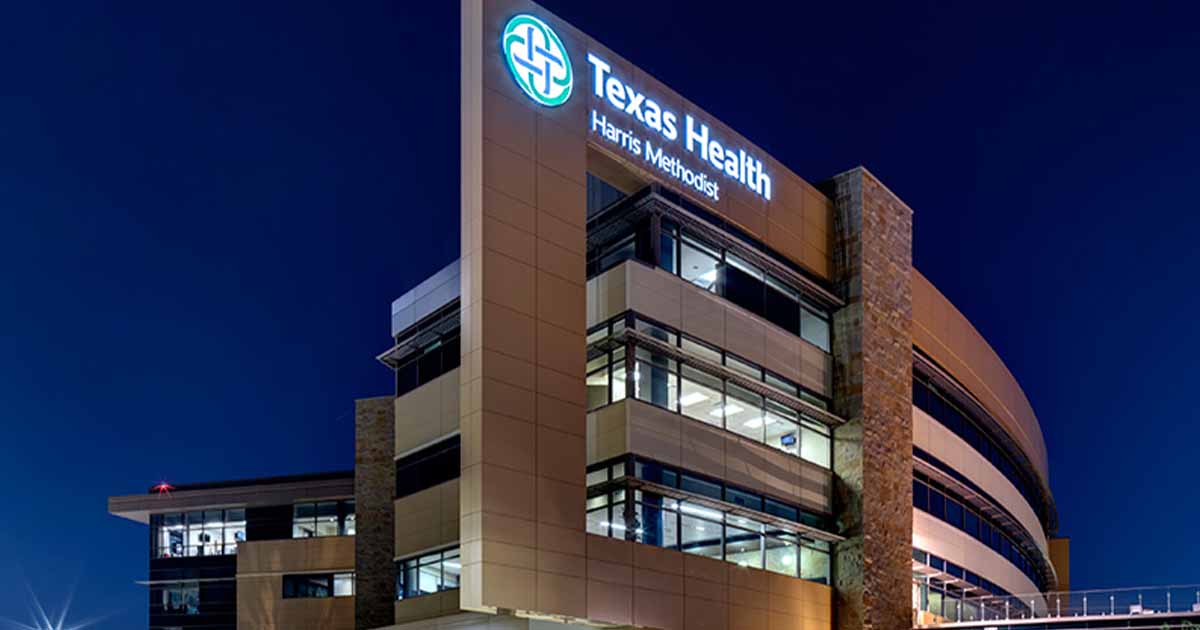When it comes to nurses, a couple things go without saying. First, they're absolutely essential to good care delivery. Second -- and this follows from the first -- they're "very, very, very busy people," says David Holland.
"When you're in the hospital, I know physicians make a lot of decisions about your care, but it's really nurses who deliver your care," says Holland, vice president and CIO at Southern Illinois Healthcare, a three-hospital system based in Carbondale, Ill.
In Holland's case, the CIO stands for chief innovation officer, he says. "I not only have IT in our hospital, I have process improvement, all our Lean activities, etc."
[See also: CNIO position on the rise.]
For SIH's nursing staff, as smart and dedicated as they were, it was becoming clear "we needed to have better processes, more consistencies in our standards of care, more compliance with agreed-upon and evidence-based process," he said.
"Our nurses, while they were doing a great job, they really were doing a lot from the seat of their pants, doing the best they could," said Holland. "One of the things we were looking at was doing events with our nursing team to create our standard processes and then build them into our MEDITECH system."
Southern Illinois Healthcare turned to Elsevier, whose nursing care plans could be built right into its electronic health record.
"There will be, embedded into the EHR, links out to training and documentation and education," said Holland. "So if you have a nurse that is doing a procedure with a patient that maybe they are doing very rarely, they can click and see information about it, maybe get a video about it, get that education right there, instead of going out and asking other people, 'How do I do this? I haven't done it in a while.'"
"People often say nurses are resistant (to IT)," said Michelle Troseth, RN, chief professional practice officer at Elsevier Clinical Solutions. "We come in and show, 'This is why it's important, and this is why the evidence-based tool that embedded in the MEDITECH is the way that it is.'"
[See also: Nurse informaticists boost leadership role.]
Most nurses choose the line of work because they care about caring for people, of course. By showing how proper documentation and process improvement tie into better care, nurses "actually get excited about it, because then it's not just about the technology," said Troseth. "And we really work with within the system, so we can have that patient story go consistently from nurse to nurse, from clinician to clinician."
At SIH, "one of the key things was that, in this process, IT stayed way in the background," said Holland.
Along the way, leadership was key. Happily, from the chief nursing officer on down, "my nursing leadership is just super excited," he said.
"We're doing training and education of nursing, and what we really want is to have an environment where there is evidence-based, standard processes and the nurses are consistent in their work," said Holland. "We document it well, we go through the process, so the patients really and truly get cared for in a way that helps make our community get healthy, helps the patients get better outcomes, but also, as an organization, helps give us confidence that our nurses are doing the right things."
After all, he said, "The EHR can be a very efficient tool, but you have to buy into it, you have to know about it. The people that are using the systems – unless you get them excited about it, and get them enough training so they see the value of it – it just becomes a hammer."
And some folks forget that it's usually nurses who are using EHRs more than anyone.
[See also: Nurses call for say in healthcare IT development.]
"There's been a lot of emphasis over the years on physician adoption," said Troseth. "But the reality is there are more than three million practicing nurses in this country, and especially with ACOs now, it's about the whole team. There's this whole group of caregivers that can improve care by adopting evidence-based practice and technology that we really need to start paying attention to."
Properly deployed, technology should be an enabler, rather than just another headache. That's the last thing most nurses need.
To get an idea of the average RN's harried daily workflow, Holland says his IT team "did some spaghetti diagrams," he said. "We took a map of the floor and we had staff go up on the floor and watch a nurse: They put their pencil on that paper and everywhere that nurse went, they started to trace."
The findings were startling, he said. "We realized that nursing has so many interruptions, so many different things they have to do and so many processes, that anything we could do to make it easier on them – to help them not only do a good job, but feel confident and know that they did a good job – was very beneficial."
Too many nurses are "burned out and frazzled at the end of the day," said Holland. "We need to give them tools to help them deliver quality care and help them to know they're doing a good job."


